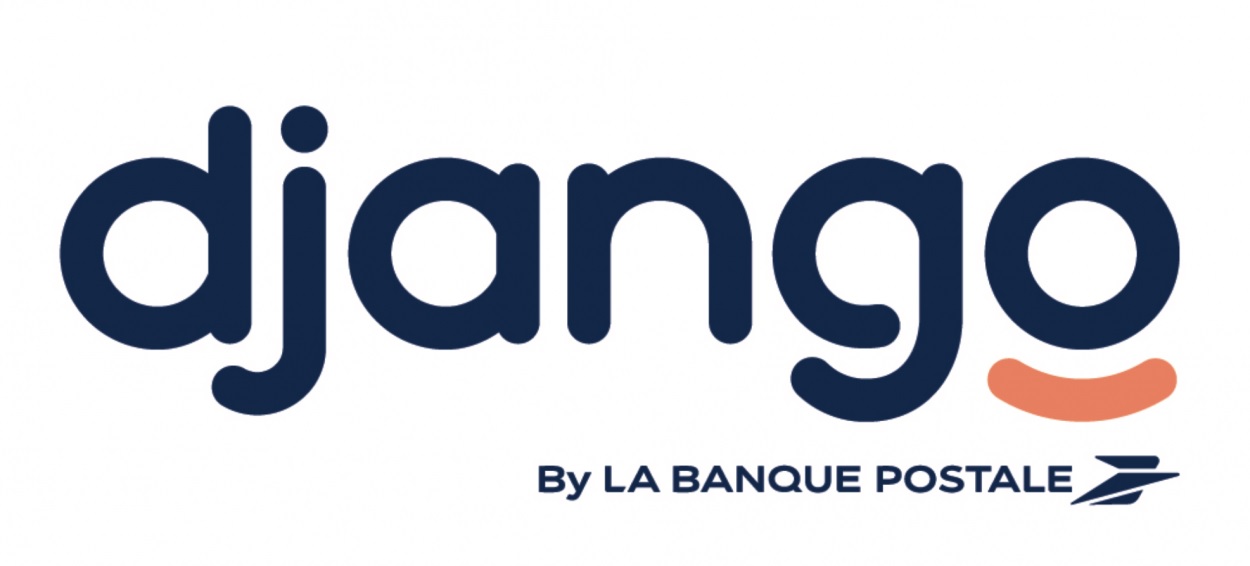LBPCF presents Django, its fintech dedicated to BNPL

La Banque Postale is continuing its efforts to develop a successful and up-to-date credit offer. And the BNPL trend is central to the group's ambitions. After recently changing partners, La Banque Postale Consumer Finance (LBPCF) is presenting its own FinTech dedicated to consumer credit. It will focus on a responsible BNPL offering to differentiate itself.
FACTS
-
La Banque Postale has been looking to link up with BNPL specialists in order to establish itself in this promising market. The group is finally building on its joint work with Pledg to launch its own FinTech.
-
Called Django, it will offer its own brand to French merchants and e-merchants to cover the needs of their individual customers. It is based on a range of several payment offers in several instalments (2, 3 or 4 instalments) or deferred payments (15, 30 or 45 days) accessible up to 6,000 euros of purchases and therefore relatively classic in form.
-
Django is also designed to anticipate the regulatory changes of the European Consumer Credit Directive on pricing, rates and its level of transparency.
-
Django will also rely on a dual scoring tool:
-
traditional scoring methods,
-
the LBPCF score, which already offers pre-authorisation to 6 million of La Banque Postale's 11 million customers.
-
-
In addition to the BNPL, Django will be offering other equally committed credit products later this year.
CHALLENGES
-
Continuing a profound transformation: La Banque Postale was starting to overhaul its credit business in January 2021. La Banque Postale Financement, a subsidiary dedicated to consumer credit, changed its name to La Banque Postale Consumer Finance (LBPCF). Open Banking was at the heart of the Group's strategy, with La Banque Postale Financement having set itself the target of equipping 50% of its customers with a consumer credit by 2023.
-
Favouring its own brand: La Banque Postale Consumer Finance adopted Alma's fractional payment technology in May 2021, in order to enable the bank to position itself with a white-label offer on this high-potential market. It announced that it was revoking this partnership at the beginning of the month in the face of Alma's desire to launch its own brand. LBPCF will therefore favour Pledg's solution, which will allow it to maintain a white label offer, but also under its own name under the Django brand.
-
Cutting short the critics: BNPL's offers, which have become more widely available, are now accused of contributing to an increase in the risk of overindebtedness. However, La Banque Postale relies on its partnership with Cresus, an association fighting overindebtedness, and its status as a company with a mission to promote a more transparent and more inclusive service.
MARKET PERSPECTIVE
-
For years, the historical banking groups have been trying to cope with competition from FinTechs. However, this relationship needs to be qualified since FinTechs can also be agile drivers of innovation for large groups, such as Discai, the new Fintech of the bank KBC.
-
According to an October 2021 opinion by Xerfi, the fractional payment market should represent nearly €25 billion in France by 2025, compared with about €6 billion in 2019. Django is aiming for a 14% market share in 2025, i.e. a production of 3.5 billion euros.
